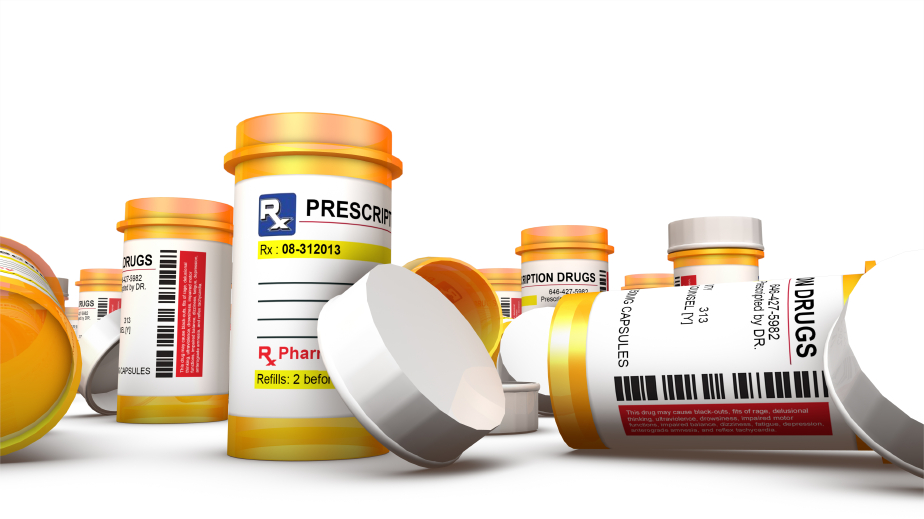Prescription Drugs — Confusing names and sounds can be dangerous
Approximately 1.3 million people are injured annually in the United States due to medication errors by pharmacies. The most common mistakes made by pharmacies include improper dose/quantity, wrong patient, or improper instructions on the vial. The most common error involving medications was related to administration of an improper because medicine, accounting for 41% of fatal medication errors. Getting the wrong drug accounted for 16% of the errors. Older people are at greatest risk for medication errors because they often take multiple prescription medications.
The Food and Drug Administration has received a significant number of reports recently regarding medication errors, including pharmacies dispensing the wrong drug. Many drugs sound alike and many are spelled similarly but used for completely different purposes, leading to additional confusion to the pharmacies. It is imperative that doctors write out the generic name of the drug and ailment for which it is being prescribed. That way, pharmacies are less likely to make mistakes that can be deadly.
Nearly 8 in 10 prescriptions in the U.S. are for generic drugs and using generics is expected to grow over the next few years as several popular drugs come off patent. For price, there is a big difference between generic and brand name drugs. On average, the cost of a generic drug is 80-85% lower than the brand name product. It is anticipated that as our population continues to age, more people will utilize generic drugs instead of brand name drugs. As the number of drugs continues to rise every year, more mistakes will be made by the pharmacies.
Companies propose names for their own drugs before they are approved. Over 400 proposed names are reviewed by the FDA every year, and the FDA compares the proposed names to the name of drugs on the market. The FDA compares the names and creates a list of names that could be confused with the proposed drug. The FDA looks at the spelling of the names, how it will be pronounced by people with different accents, and how it will look when written in a physician’s handwriting. However, the FDA rejects very few proposed drug names. We are therefore left with many medications, including high alert medications, with similarly sounding names or similarly spelled names. Inevitably this leads to more mistakes and more deaths and significant injuries to innocent people.
When the doctor gives you a prescription, ask the doctor to not only tell you the name of the drug, but also the correct dosage and for what the drug is used. It would be wise to take notes so you can reference them later. Be sure you understand how you’re supposed to take the medication and the correct dosage.
Be sure to also tell your doctors the names of all prescription and nonprescription drugs and dietary supplements that you take every time your doctor writes you a new prescription. This will also help to prevent other types of serious medication problems including serious interactions among medications.
Share This



